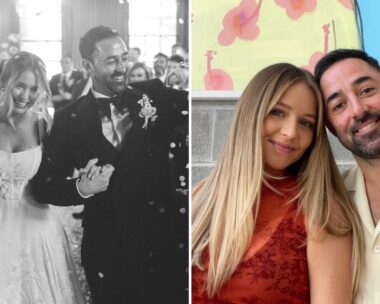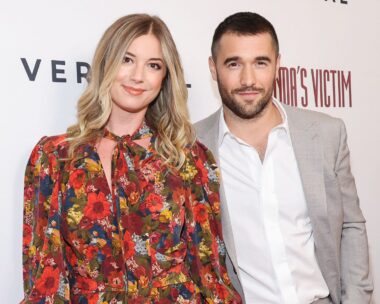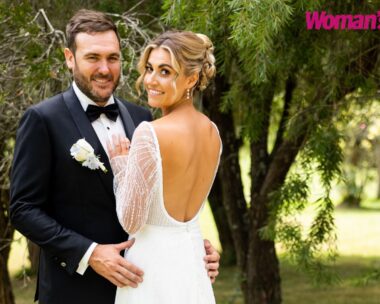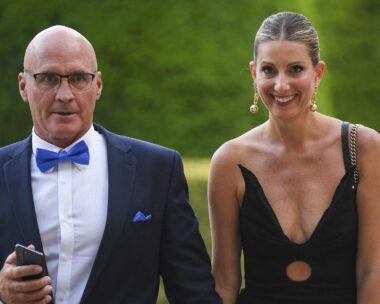Are you at risk of this life-threatening cancer? Read on for the signs you should not ignore.
It’s the silent killer that even experienced doctors find hard to diagnose. What woman hasn’t suffered bloating, odd weight loss and back pain? Common health complaints such as these can be a sign of something more worrying — ovarian cancer.
According to Associate Professor Thomas Jobling, head of Gynaecological Oncology at Monash Medical Centre in Victoria, 1200 women are diagnosed with invasive epithelial ovarian cancer (the most common form) in Australia each year.
Ovarian cancer can occur at any age, but the average age of diagnosis is between 50 and 60, with post-menopausal women making up 80 per cent of patients.
“Without an effective early screening test, ovarian cancer is very difficult to diagnose,” explains Professor Jobling.
“The main symptoms are very vague and a lot of pre-menopausal women suffer them once a month. If you have these symptoms and they fail to resolve reasonably quickly, then you should have them investigated.”
Professor Jobling is now devoting his career to finding a cure and better testing techniques, and co-founded the Ovarian Cancer Research Foundation in 2000.
He realised the most important path to saving lives was through early detection. Women diagnosed in Stage 1 have a more than 90 per cent chance of a cure.
Yet more than two-thirds of sufferers will be diagnosed at an advanced stage.
Unfortunately, Pap smears do not detect ovarian cancer. At present, doctors use a blood test to measure the CA125 protein, a tumour marker produced by ovarian cancer cells.
An increased reading can indicate ovarian cancer, though this can only be confirmed by surgery and lab tests. The problem is that this test works for women with more advanced cancer, but not in the very early stages.
Professor Jobling’s team has the delicate task of asking patients for permission to use their tissue samples for testing protein levels, the DNA of cells, and to identify mutated genes.
By comparing the samples to normal tissues, the team has isolated several potential markers that have a much greater sensitivity in detecting early-stage cancer.
The dream is that further research will enable these markers to be used for a very simple detection kit — possibly as easy to use as a blood or urine test.
“It’s impossible to know how far away an early detection test and effective treatment is,” he says, frankly. “I don’t know and I don’t think anyone else knows.”
However, the team hope they will have an early test, which will save lives, in the next few years.
“In the past 30 years, the overall survival rates for ovarian cancer have only improved by single figure percentages,” Professor Jobling explains. “It’s disappointingly slow, but the science is getting better, so patients are surviving longer.”
Experts believe the cancer is inherited in up to 15 per cent of cases and those with a family history of breast and other cancers are at increased risk. Ashkenazy Jewish women are particularly susceptible.
What are the symptoms?
abdominal bloating
changes in bowel or bladder habits
unexplained weight loss or gain
lower back pain
indigestion or heartburn
fatigue
How will I be treated?
Initial diagnosis includes an ultrasound and pelvic examination. Patients will then visit a gynaecological oncologist where treatment will begin, usually with surgery.
Those with advanced stages usually have a hysterectomy and oophorectomy (removal of the ovaries) to remove as much of the cancer as possible.
Patients will then complete chemotherapy treatment to destroy any residual cancer. With this treatment, 70 per cent of women are likely to enter complete remission.
The Weekly has partnered with L’Oréal Paris in the fight to find a cure for ovarian cancer. For more details, visit the Ovarian Cancer Research Foundation.
Read more of this story in the November issue of The Australian Women’s Weekly.
Your say: Do you know someone who is suffering from ovarian cancer?

Video: What you can do to protect yourself from ovarian cancer




